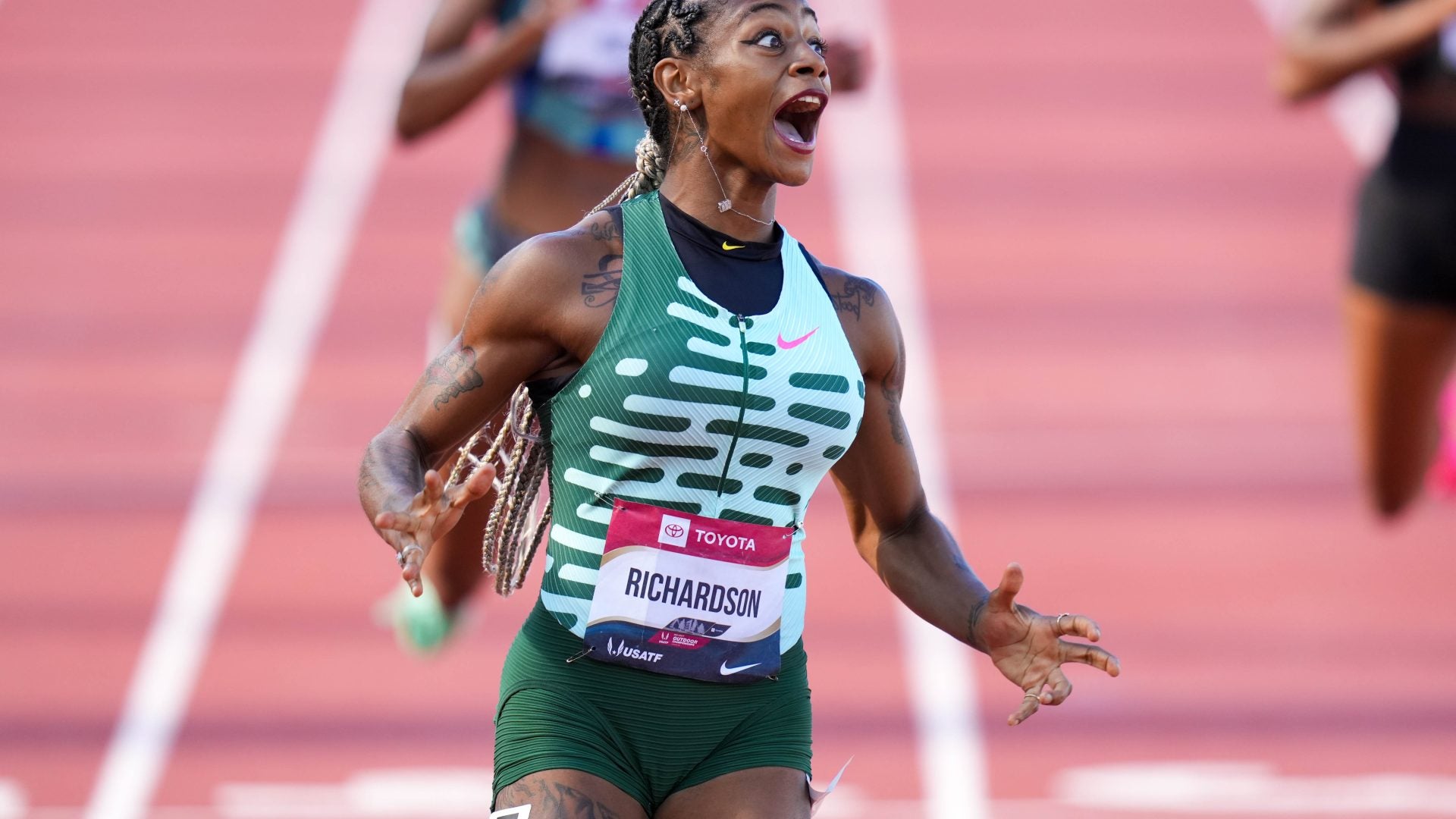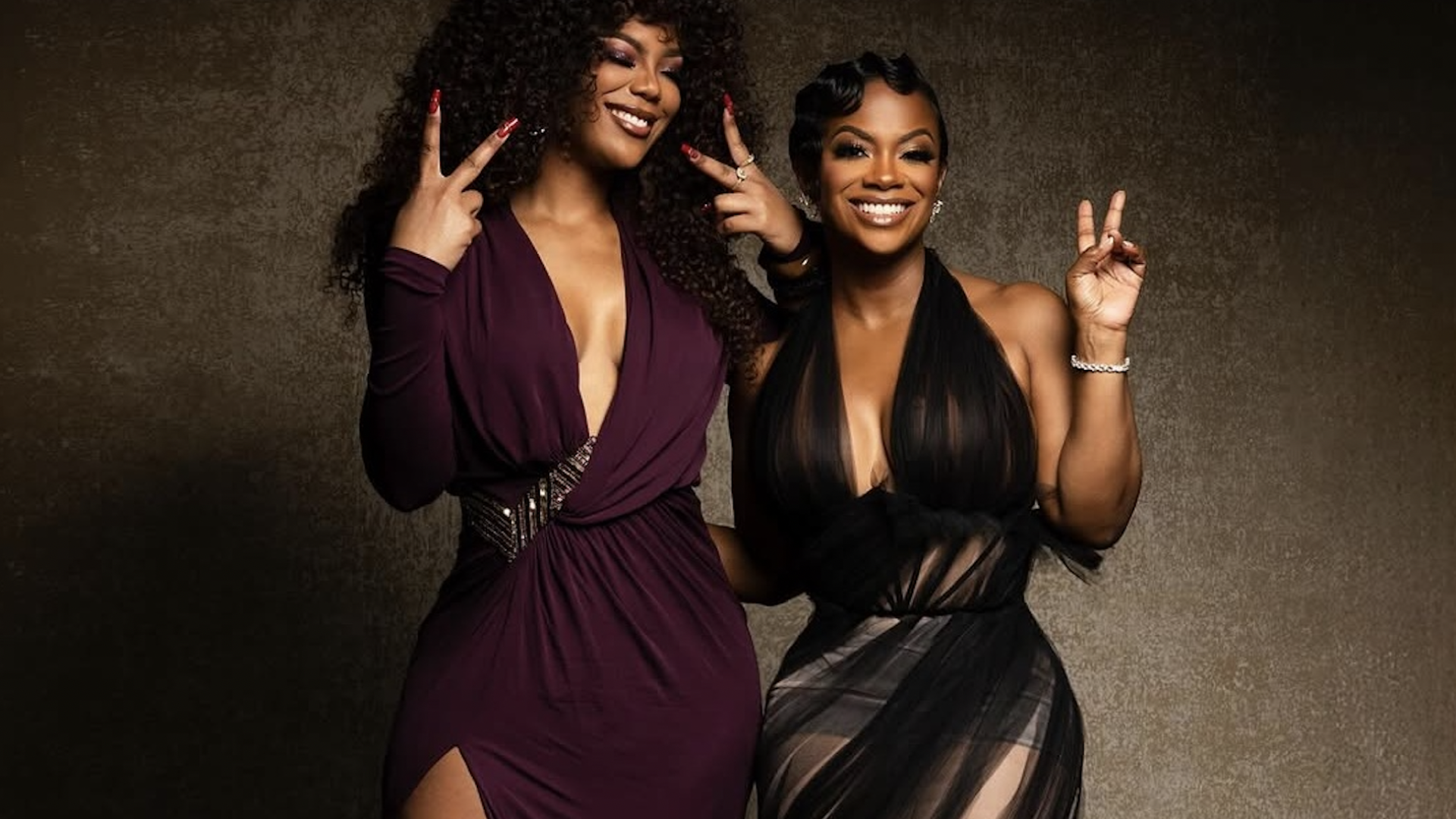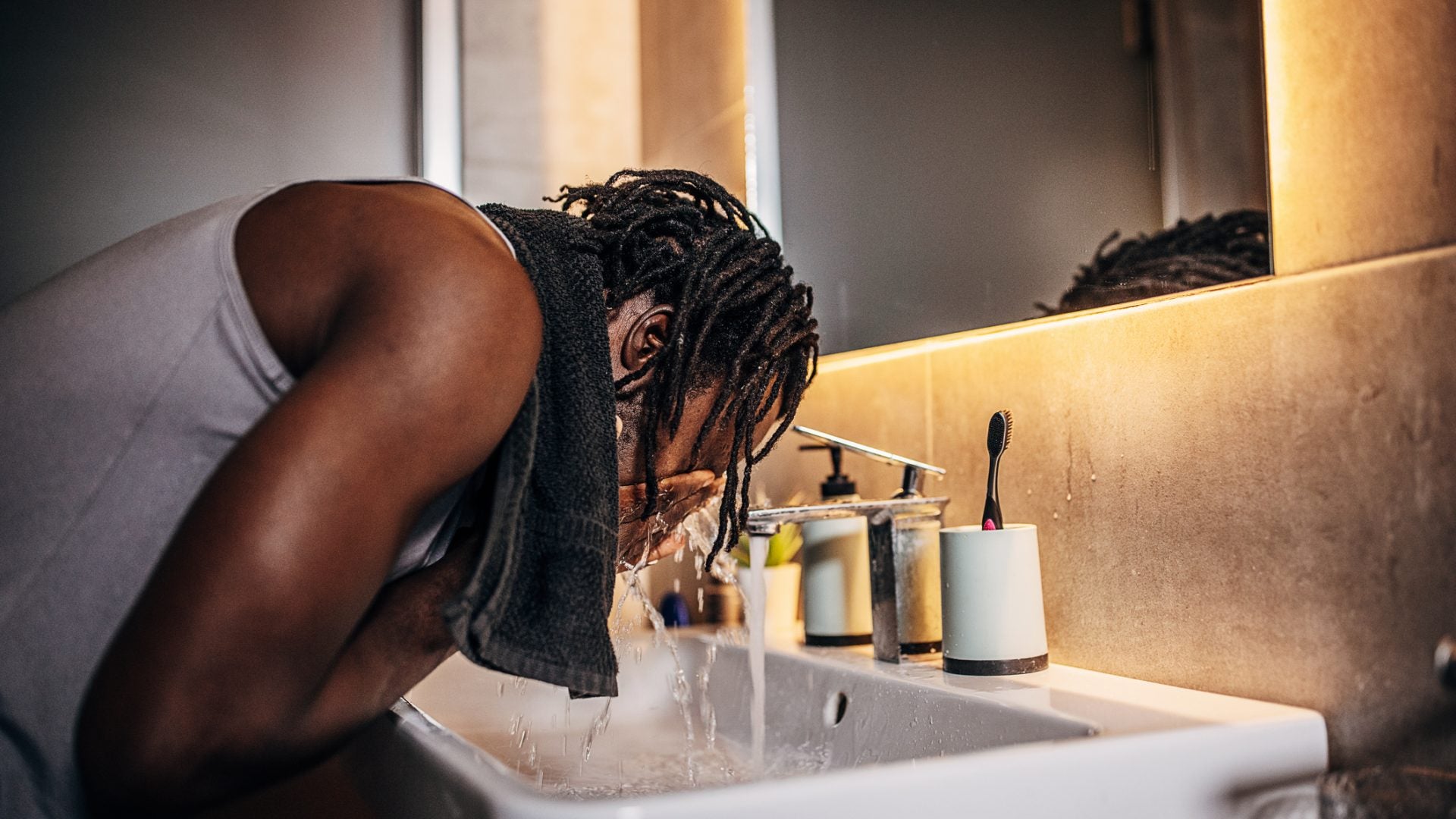
Sha’Carri Richardson was just 21 when she became the sixth fastest woman in history. Not long after, the Olympics-bound runner experienced a very public and high-profile stripping of her first national title due to allegations of using marijuana. It was 2021, and Richardson’s loss, and the circumstances surrounding it, became front-page news and went viral. She quickly became one of the most recognized and talked about athletes that year.
Now here we are, just two years later, and Richardson is dominating this year’s races — but where’s that same energy that made her go viral?
In April, Richardson ran the fourth-fastest all-conditions time ever recorded at Florida’s Miramar Invitational. In May, she had her first Diamond League win in Doha, Qatar, and just last week, during the 100m at the Silesia Diamond League in Poland, Richardson defeated the world’s fastest woman of 2023, Shericka Jackson, an undeniably huge accomplishment. But there’s much less talk on these big, newsworthy moments. People loved discussing Richardson when she was experiencing a setback, but now that she’s winning and doing well, those same people are suspiciously quiet — unfortunate but unsurprising.
Black women are often overly criticized and held to unfair standards, and for Black women in the spotlight, that hostile and harsh rhetoric is often loud. Much louder than praise for wins. In April of this year, Louisiana State University basketball player, Angel Reese, was berated online and called out for “bad sportsmanship” after gesturing to her opponent, Caitlin Clark, during the women’s NCAA national championship. The then 20-year-old was called a “f***ing idiot” and a “classless piece of s**t,” whereas Clark (a white woman), who had made the exact same “you can’t see me” gesture just weeks earlier, was not criticized at all — in fact she was praised.
We’re all too familiar with the unfair criticism and racism that Serena Williams has faced during moments of righteous anger on the tennis court. Olympic gold medalist and Houston native Simone Biles was called a “selfish, childish, national embarrassment” by Texas deputy attorney general Aaron Reitz after she pulled out of the women’s individual all-around gymnastics final to focus on her mental health.
Beyond the world of sports, critics were upset with one of the most talented and celebrated actors of our time, Angela Bassett, for literally sitting still. She was called “classless” and a “sore loser” when she learned she didn’t win the Academy Award she’d been nominated for this March. She hadn’t thrown a fit, cried, or even uttered a word.
She just didn’t fake a smile for a moment that was understandably not joyous for her. She had a perfectly human reaction and was not the first person to do so, especially because she should have already won an Oscar. Even the Academy can’t deny it, as it’s been announced that Bassett will receive an honorary award this year.
For Black women, across industries and platforms, success is earned through hard work, dedication and an unflinching determination to excel in a world that doesn’t expect us to be great. By simply existing in the bodies and skin we were born in, we threaten the misogynistic and racist systems and ideals that have thrived for centuries.
We can be good, but not too good. We’re not supposed to be great, fulfilled, or adored. When we are, we’re disrupting the supposed order of things. So the moment we stumble, and even in moments that aren’t quite stumbles, the attacks come quickly — attempting to put another Black woman in her place.
Richardson isn’t back, she’s better — as she recently said. She’s well on her way to the next Olympics, and she’s already told us, “Paris 2024, history will be made.” So when the time comes, everyone who was loud about her struggles should keep that same energy for her triumphs.
Imagine a world where folks are just as loud about a Black woman’s success as they are her setbacks? And when I say Black women, I mean all Black women, including those who don’t abide by the inherently racist and misogynistic respectability politics that plague our society.
The very same reasons folks want to keep us in our place and don’t want us to be too great are the same reasons we find a way to come out on top — we are Black and women. History has shown that, against all odds, we always find a way to shine.





